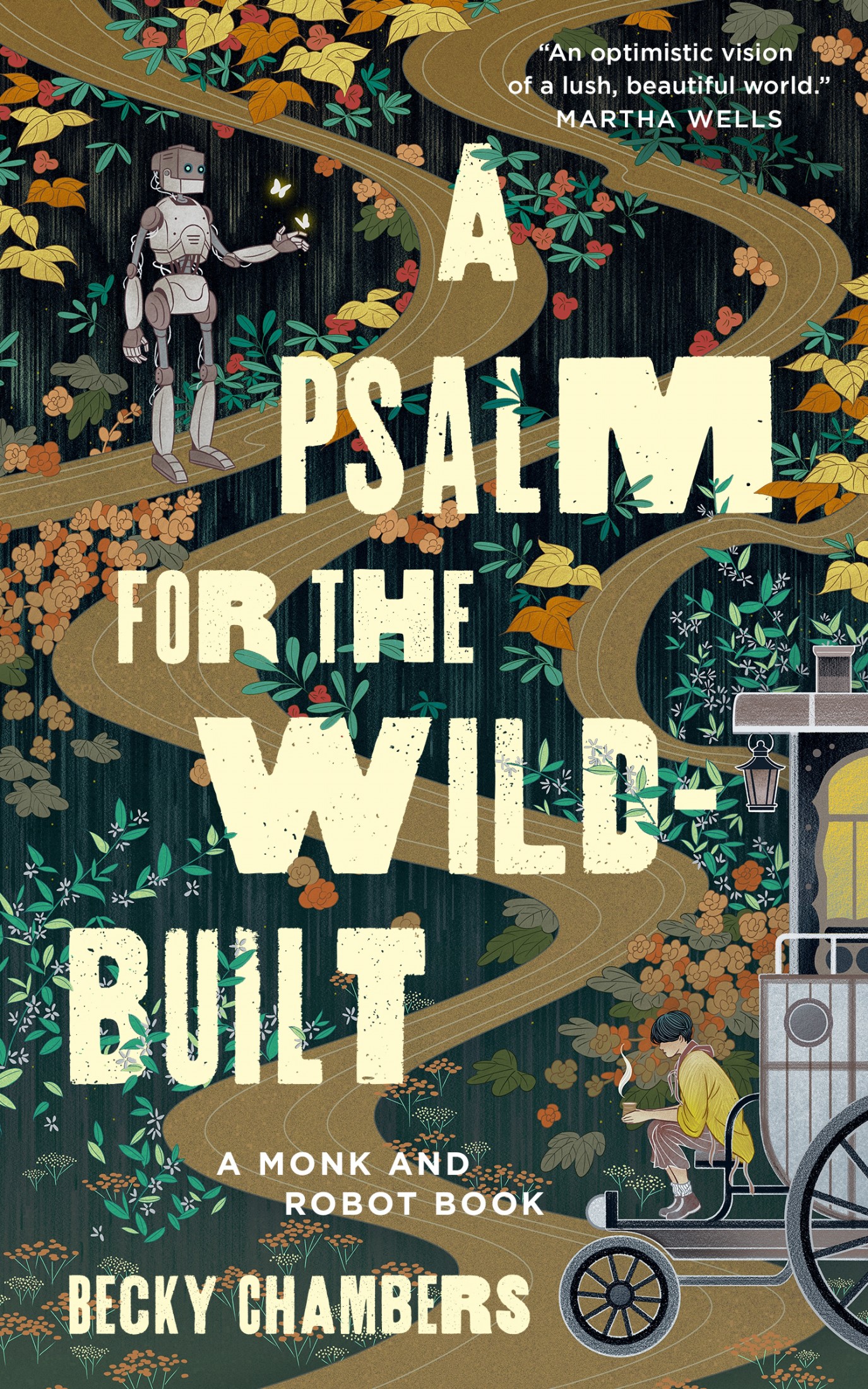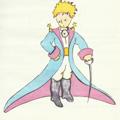Jim Brown reviewed A Psalm for the Wild-Built by Becky Chambers (Monk and Robot, #1)
The robots want to be free
I think fiction like this will probably become more important in the coming years, but I also think we have no idea what stories we should be telling about AI. These days, I'm much more interested in what artists and writers have to say about AI than what engineers have to say about it. This book eventually arrives at a discussion that feels like a debate between religion and secularism: a robot that insists that it contains multitudes in conversation with a human who insists that they are in search of their one "purpose." The human character feels, at times, flatter and more cliche than the robot, but I wonder if my reading of these characters is too shaped by my own resistance to the idea that one needs a single purpose in life.
I think fiction like this will probably become more important in the coming years, but I also think we have no idea what stories we should be telling about AI. These days, I'm much more interested in what artists and writers have to say about AI than what engineers have to say about it. This book eventually arrives at a discussion that feels like a debate between religion and secularism: a robot that insists that it contains multitudes in conversation with a human who insists that they are in search of their one "purpose." The human character feels, at times, flatter and more cliche than the robot, but I wonder if my reading of these characters is too shaped by my own resistance to the idea that one needs a single purpose in life.












